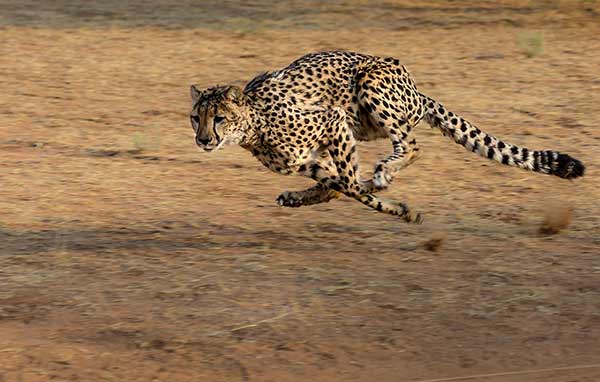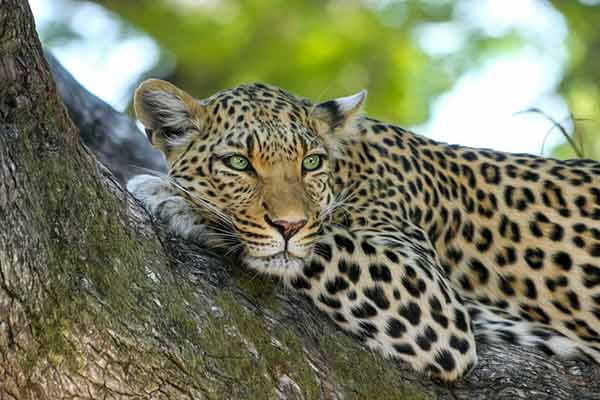Protect Big Cats
- POSTED ON: 2 Mar, 2018
- TOTAL VIEWS: 1353 Views
- POSTED BY: Young World Club
- ARTICLE POINTS: 100 Points
World Wildlife Day is celebrated on March 3 every year. This year, the theme of the Day is ‘Big Cats: Predators under Threat’. These magnificent predators, such cheetah, jaguar, leopard, lion, puma, snow leopard and tiger, are found in many parts of the world, from Africa to Asia and the Americas. With a star-studded cast, this World Wildlife Day promises to be one of the biggest celebrations of the Day, if not the biggest.
Big cats are among the most powerful creatures to grace this planet, but they are also the most fragile. They are facing many threats to their survival in the wild, be it loss of habitat and prey, poaching and smuggling, human-wildlife conflict or climate change.
World Wildlife Day 2018 is an opportunity for people from every country to help raise awareness of the plight of big cats and to take personal action to help ensure the survival of the world’s big cats. You have the power to spread the word! You have the power to make a change!
Some facts to get you thinking:

Tigers: Wild tiger populations, which numbered over 100,000 only a century ago, have decreased by 97%, with much of that decline happening in the past 10 years. According to the latest estimates, there are only about 3,900 tigers left in the wild on the entire planet. Of all the big cats, tigers are the most endangered.

Lions: Just over a century ago, there were likely more than 2,00,000 wild lions living in Africa. Today, lions are extinct in 26 African countries and have vanished from over 90 percent of their historic range. Over the past two decades alone, lion populations have decreased by 43%. Today, only about 20,000 lions remain.

Cheetahs: Cheetah is Africa’s most threatened big cat. Only about 7,100 cheetahs are left in the wild and they are now extinct in their Asian range with the exception of about 50 individuals in Iran. Approximately 77% of the cheetah’s habitat falls outside of protected areas, making them extremely vulnerable to human threats.

Leopards: Leopards are the most widespread species of wild cats in the world. Recent studies show that they have lost over 75% of their range. They are no longer present in at least 49% of their historic range in Africa and over 50% of their historic range in Asia.
All the world’s big cats are facing various threats. But it is still possible to protect these extraordinary animals and the places they inhabit. If we make a conscious choice to do this, the animals, the humans and the planet we call home will all triumph. It is our collective responsibility to support conservation efforts and to share our planet with all creatures.
Small actions can have big impacts! Do one thing today that can help with big cats conservation – volunteer, donate or simply share the message with others.
Source: UN, www.wildlifeday.org